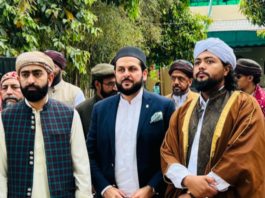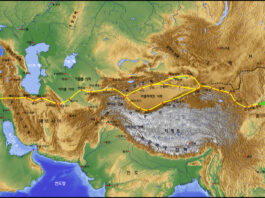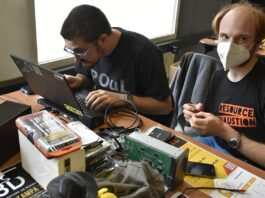Tens of thousands of protesters have descended on Tahrir to join and support hundreds of campers who have staged a sit-in in the square since the beginning of the month. For four hours angry crowds voiced dissatisfaction and resentment towards both the government of Prime Minister Esaam Sharaf and the Supreme Council of the Armed Forces (SCAF), which has ruled the country since the ousting of former President Mubarak in February.
The protesters charged that both the government and SCAF have been extremely slow in meeting the basic demands of the revolution that brought them to power. The most glaring failure remained the fact than more than five months after the overthrow of Mubarak, the deposed dictator had yet to be brought to trial, while the men responsible for the murder of nearly a thousand peaceful protesters, as well as the serious injury of thousands of others have yet to be held to account. Indeed, many of these men still held their posts in the police hierarchy.
The government’s inability to prosecute officers accused of killing and injuring thousands of protesters in the January 25th uprising against the former dictator topped the list of grievances protesters brought to the square. At one end of the square, one young woman in her early 20s led a group of 200 protesters in chanting against the slow pace of trials for Mubarak, his family and other symbols of corruption over the last few months. At the other end of Tahrir, a middle-aged professional told crowds that he and many others have lost faith in SCAF and its repeated pledges to uphold the goals and slogans of the revolution.
Simultaneously, tens of thousands staged protests and marches in other cities, including Alexandria, Mansoura and Suez.
The revolution's supporters were also angered by the administration's neglect of the question of "social justice," which was among the top three slogans of the revolution. They objected to the approval of a budget perceived as glaringly in favour of the rich, crafted at the expense of middle and lower income groups – this in a country where 40 per cent of the population live on $2 a day.
-Mostofa Ali/Al Ahram



